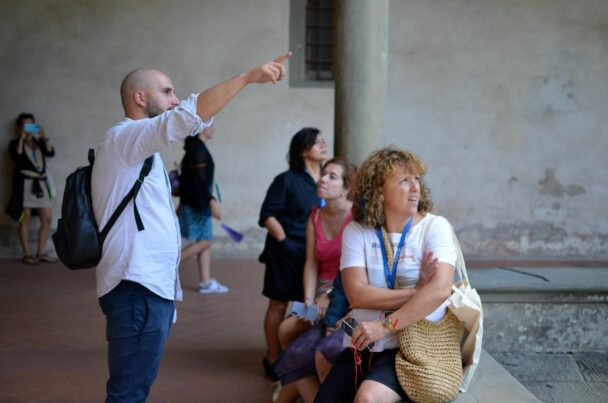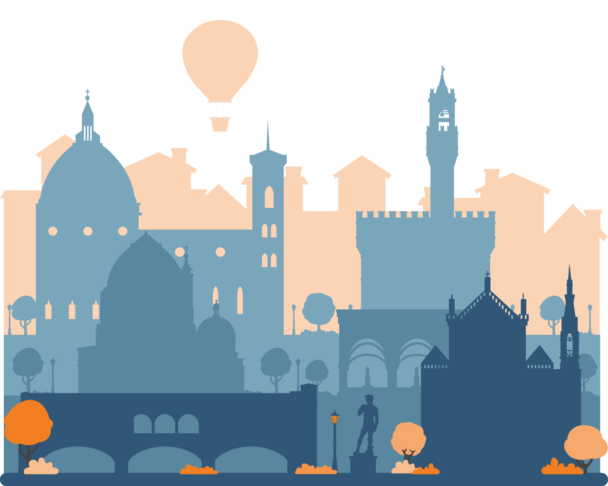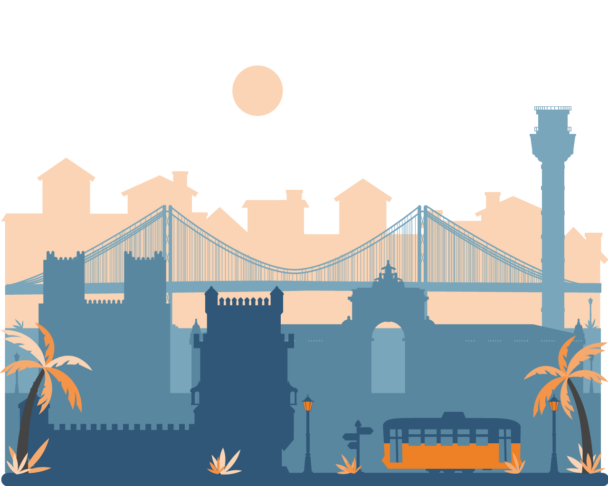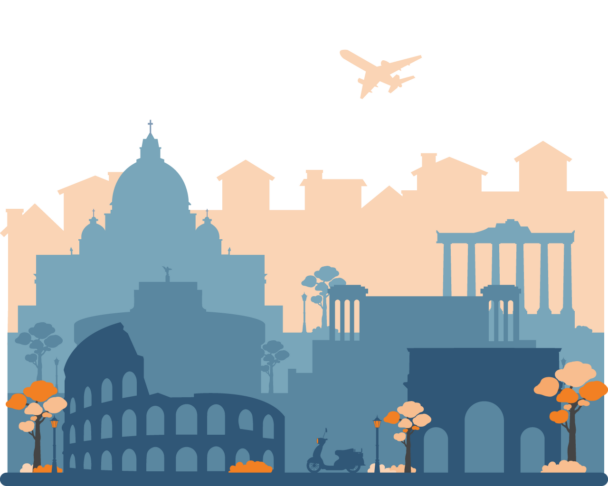Description
Nowadays, museums are designed for learning. They contain a wide range of information from traditional factual knowledge to commentary on the value systems that shape societies across the world.
Artifacts and digital resources from such institutions can be of immense value to both teachers and students, as they can enrich school curriculums, classroom activities, and indeed external trips.
How can content from museums and cultural heritage sites be used in an effective, meaningful, and collaborative way? Through Project-Based Learning (PBL), of course!
This course will demonstrate how the activities conducted in museums, and at cultural heritage sites, can add an extra layer of challenge and intrigue to traditional PBL courses as the inclusion of real-life materials and excursions encourages students to interact with information in an engaged and emotive manner whilst the shared lived experiences from external trips stimulate teamwork.
If you are unfamiliar with PBL, it is a student-centered methodology that allows learners to gain, and develop, knowledge through the creation of a project.
Each program begins with a driving question provided by the teacher (e.g. How would you design an open-air museum whilst aiming for inclusivity?). The teacher then guides their students throughout the process of solving the problem which ultimately leads to the creation of a final piece of work.
This course’s active approach to learning seeks to enhance the external cultural visit by including it as a crucial step in the PBL process. Furthermore, the convergence of tasks conducted in the classroom and during the visit encourages the use of visual-thinking skills, team cohesion, and peer-to-peer interaction.
The course will provide teachers with practical tools for extrapolating data and information from museums and cultural heritage sites, as well as their corresponding online platforms, to integrate practical and tangible examples and add more value to their final project presentation.
In summary, by the end of this course, participants are able to develop creative and highly collaborative learning programs by incorporating museum and city excursions with PBL activities in the classroom.
Teachers will feel ready to create courses for their students based on this teaching model that generates long-term knowledge retention with the added benefit of the emotional impact that a cultural visit contributes to the PBL strategy.
Note: Two additional cultural activities in museums or for exploring the cultural heritage of the city can be included in the course.
What is included
Learning outcomes
The course will help participants to:
- Build and implement PBL strategies in the classroom;
- Understand PBL’s wide variety of uses for projects regarding museums and cultural heritage sites (including their digital archives);
- Motivate students through teamwork, creative learning, and inquiry-based-learning;
- Guide students in the interpretation of cultural heritage sites in order to strengthen their visual and critical thinking skills;
- Organize engaging and immersive cultural visits through PBL.
Tentative schedule
Day 1 – Introduction to the course
- Introduction to the course, the school, and the external activities for the week;
- Icebreaker activities;
- Presentations of participants’ schools;
- Introduction to Project-Based Learning, Task-Based Learning, and Inquiry-Based Learning;
- Introduction to the EU Policy for cultural heritage to understand better how and why PBL works well with cultural projects.
Day 2 – Learning in a museum with PBL
- The structure of Project-Based-Learning: Design, Implement, and Assess;
- Project-Based Learning and Museums: useful strategies to enrich school programs and cultural visits;
- Teamwork activity;
- Design your PBL plan.
Day 3 – Implementing PBL in the classroom through Museums’ Digital Tools, Archives, and Social Networks
- Useful digital tools for Arts & Cultures Learning in the classroom;
- Discovering museums’ digital archives (Open Content) and trends on their social networks;
- Discussion about innovation, inclusion, and accessibility in museums.
Day 4 – Look around the city to enrich your PBL plan
- Collect data through an immersive city tour (symbols, interesting places and curiosities…)
- Time for reflection and team brainstorming in preparation for the final PBL plans.
Day 5 -Evaluation of the final project
- Final group presentations and discussion on teamwork activities.
Day 6 – Course closure and cultural activities
- Course evaluation: round-up of acquired competencies, feedback, and discussion;
- Awarding of the course Certificate of Attendance;
- Excursion and other external cultural activities.




